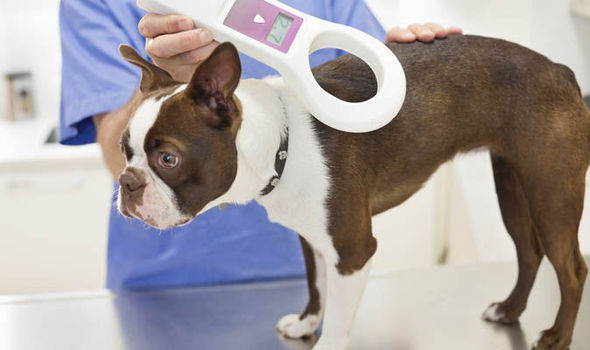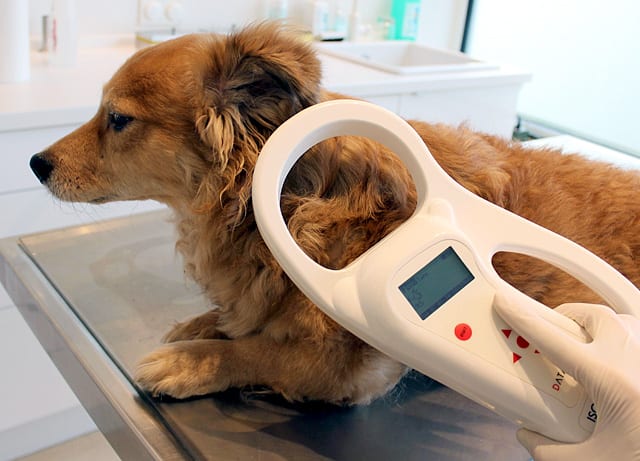Introduction
In recent years, concerns have been raised about the potential link between microchips and cancer in pets. As responsible pet owners, it’s crucial to separate fact from fiction and make informed decisions about the well-being of our furry companions.
The Science Behind Microchips
Microchipping involves the insertion of a small device under the skin of a pet, typically between the shoulder blades. This device emits a unique identification code when scanned, aiding in the swift reunion of lost pets with their owners. The technology has revolutionized pet identification and reunification processes.
Dispelling Misconceptions
Myth: Microchips Cause Cancer
One common misconception is the belief that microchips cause cancer in pets. However, extensive research and studies by veterinary experts have consistently debunked this myth. The electromagnetic fields emitted by microchips are minuscule and pose no known risk of cancer development.

Understanding Cancer in Pets
To provide a comprehensive perspective, it’s essential to acknowledge that cancer can affect pets, regardless of whether they have a microchip. Various factors, including genetics, environmental elements, and age, contribute to the development of cancer in animals.
Debunking the Rumors
Scientific Studies on Microchips
Several scientific studies have been conducted to assess the safety of microchips in pets. These studies overwhelmingly conclude that there is no causal relationship between microchipping and an increased risk of cancer. The meticulous examination of data from large-scale studies supports the safety and efficacy of pet microchipping.

Expert Veterinary Opinions
Prominent veterinary organizations, such as the American Veterinary Medical Association (AVMA) and the World Small Animal Veterinary Association (WSAVA), firmly endorse the use of microchips. Their collective stance emphasizes the minimal health risks associated with microchipping, reinforcing the importance of this technology in pet identification.
Benefits of Microchipping
Swift Reunification
Microchipping significantly increases the chances of reuniting lost pets with their owners. The rapid identification facilitated by microchips ensures that pets are swiftly returned to the safety of their homes.
Medical Records and Allergies
Beyond identification, microchips can store essential medical information about pets. This includes vaccination records and allergy information, enabling veterinarians to provide prompt and accurate medical care when needed.
Conclusion
In conclusion, the fear that microchips cause cancer in pets is unfounded. It’s crucial for pet owners to rely on scientific evidence and expert opinions when making decisions about their pets’ well-being. Microchipping remains a safe and effective method for ensuring the swift and secure identification of pets, contributing to their overall health and safety.





















